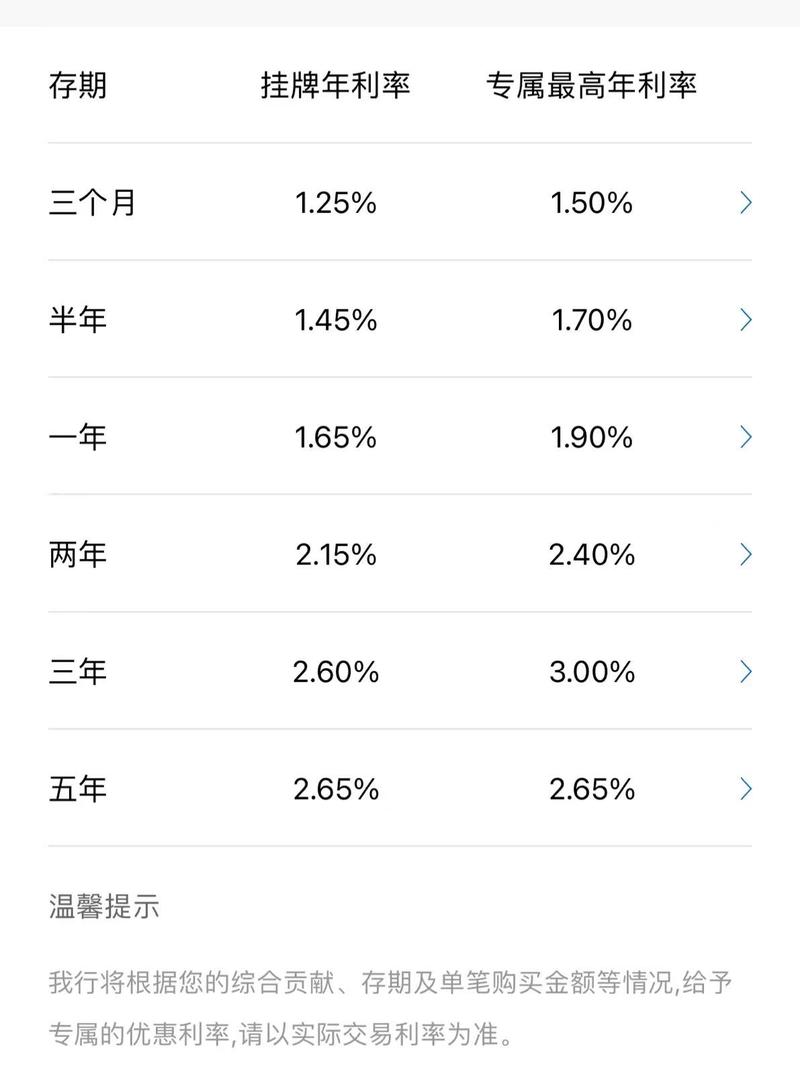Title: The Impact of Artificial Intelligence on Healthcare
Artificial Intelligence (AI) has revolutionized various industries, and healthcare is no exception. Its integration into healthcare systems has brought about significant advancements, improving patient outcomes, streamlining processes, and enhancing decisionmaking. Let's delve into the profound impact of AI on healthcare and explore its potential future implications.
Enhanced Diagnosis and Treatment
AI algorithms analyze vast amounts of medical data, including patient records, imaging scans, and genetic information, to assist in diagnosis and treatment planning. Machine learning algorithms can identify patterns and anomalies in medical images with remarkable accuracy, aiding in the early detection of diseases such as cancer, cardiovascular conditions, and neurological disorders.
For instance, in radiology, AIpowered systems can interpret Xrays, MRIs, and CT scans, assisting radiologists in detecting abnormalities more efficiently. This not only reduces the burden on healthcare professionals but also minimizes diagnostic errors, leading to better patient outcomes.
Personalized Medicine
One of the most promising applications of AI in healthcare is personalized medicine. By analyzing individual patient data, including genetic makeup, lifestyle factors, and medical history, AI algorithms can tailor treatment plans to suit each patient's unique needs.

For example, AIdriven predictive analytics can identify patients at high risk of developing certain diseases, allowing for proactive interventions to prevent or mitigate health issues. Moreover, AIenabled precision medicine can optimize drug dosages based on factors such as metabolism rates and genetic predispositions, enhancing treatment effectiveness while minimizing side effects.
Efficient Healthcare Operations
AI technologies streamline administrative tasks and operational processes within healthcare organizations, improving efficiency and reducing costs. Natural Language Processing (NLP) algorithms automate medical documentation, enabling healthcare providers to generate accurate and comprehensive patient records with minimal manual effort.
Furthermore, AIpowered predictive analytics optimize resource allocation, predicting patient influx, staffing requirements, and equipment utilization. This proactive approach helps healthcare facilities operate more smoothly, ensuring timely access to care and minimizing wait times for patients.
Remote Patient Monitoring
With the rise of Internet of Things (IoT) devices and wearable sensors, AI facilitates remote patient monitoring, enabling continuous tracking of vital signs and health metrics outside traditional healthcare settings. By analyzing realtime data streams, AI algorithms can detect deviations from baseline parameters, alerting healthcare providers to potential health concerns promptly.
Remote patient monitoring not only enhances patient engagement and compliance but also enables early intervention in case of deteriorating health conditions. This proactive monitoring approach is particularly beneficial for managing chronic diseases and supporting aging populations, promoting independence and quality of life.
Ethical Considerations and Challenges
While the potential benefits of AI in healthcare are substantial, ethical considerations and challenges must be addressed to ensure responsible and equitable implementation. Safeguarding patient privacy and data security is paramount, requiring robust encryption protocols and stringent access controls to protect sensitive medical information.
Moreover, biases inherent in AI algorithms must be mitigated to prevent disparities in healthcare delivery. Algorithmic transparency and accountability are essential to address concerns regarding fairness and equity, ensuring that AIdriven decisions are objective and unbiased across diverse patient populations.
In conclusion, the integration of AI into healthcare holds immense promise for improving patient care, enhancing diagnostic accuracy, and optimizing healthcare delivery. By harnessing the power of AI technologies responsibly and ethically, healthcare organizations can unlock new opportunities to revolutionize the way we prevent, diagnose, and treat diseases, ultimately advancing the wellbeing of individuals and communities worldwide.
References:
1. Topol, E. J. (2019). Highperformance medicine: the convergence of human and artificial intelligence. Nature medicine, 25(1), 44–56.
2. Rajkomar, A., Dean, J., & Kohane, I. (2019). Machine learning in medicine. New England Journal of Medicine, 380(14), 1347–1358.
3. Davenport, T., & Kalakota, R. (2019). The potential for artificial intelligence in healthcare. Future Healthcare Journal, 6(2), 94–98.
4. Char, D. S., Shah, N. H., Magnus, D., & Implementing Machine Learning in Health Care Ethics and Society Working Group (2018). Implementing machine learning in health care—addressing ethical challenges. The New England Journal of Medicine, 378(11), 981–983.










